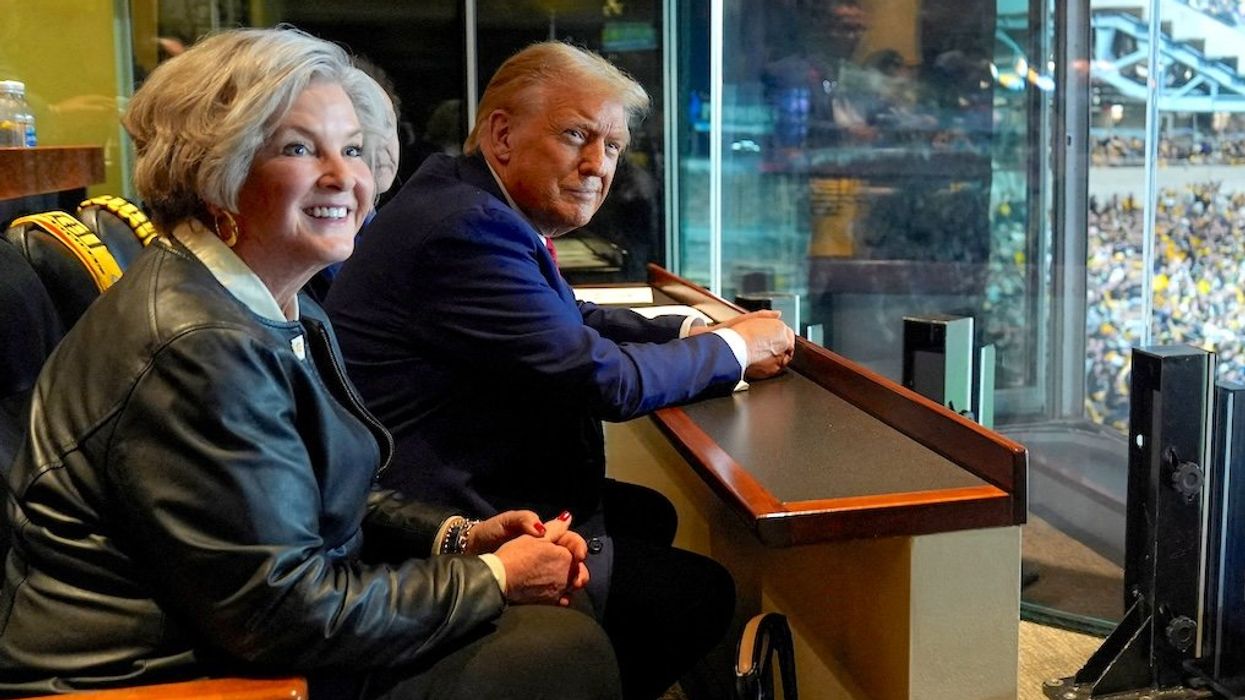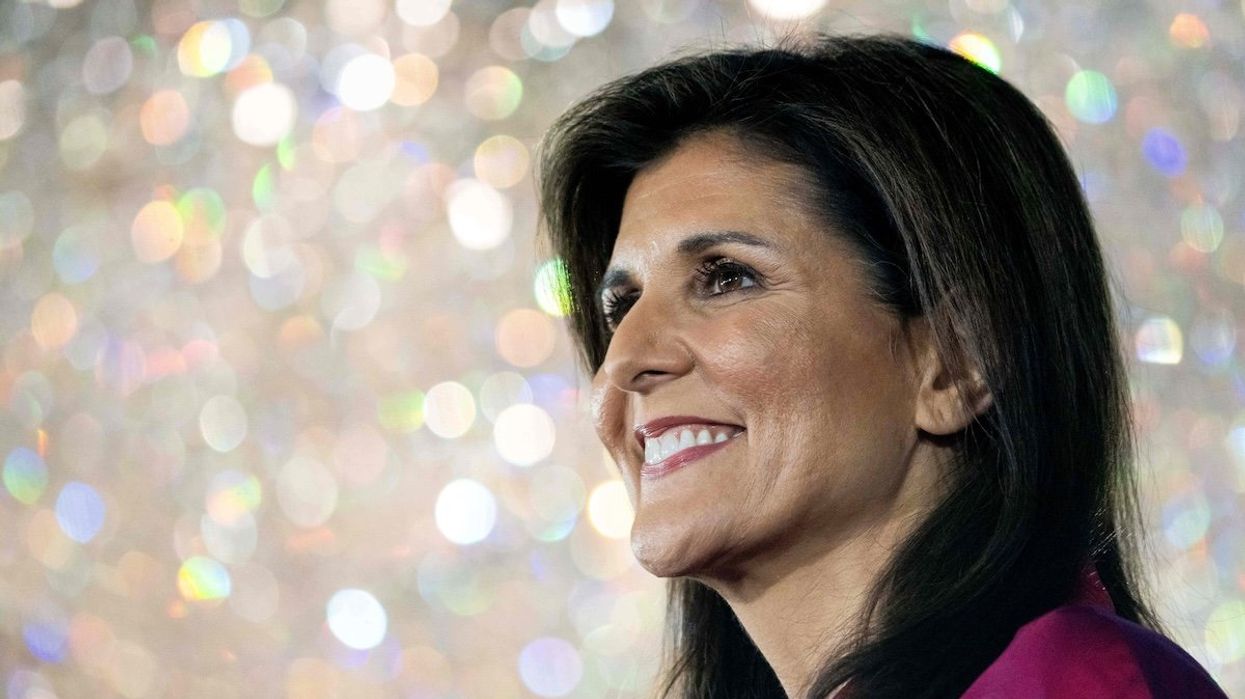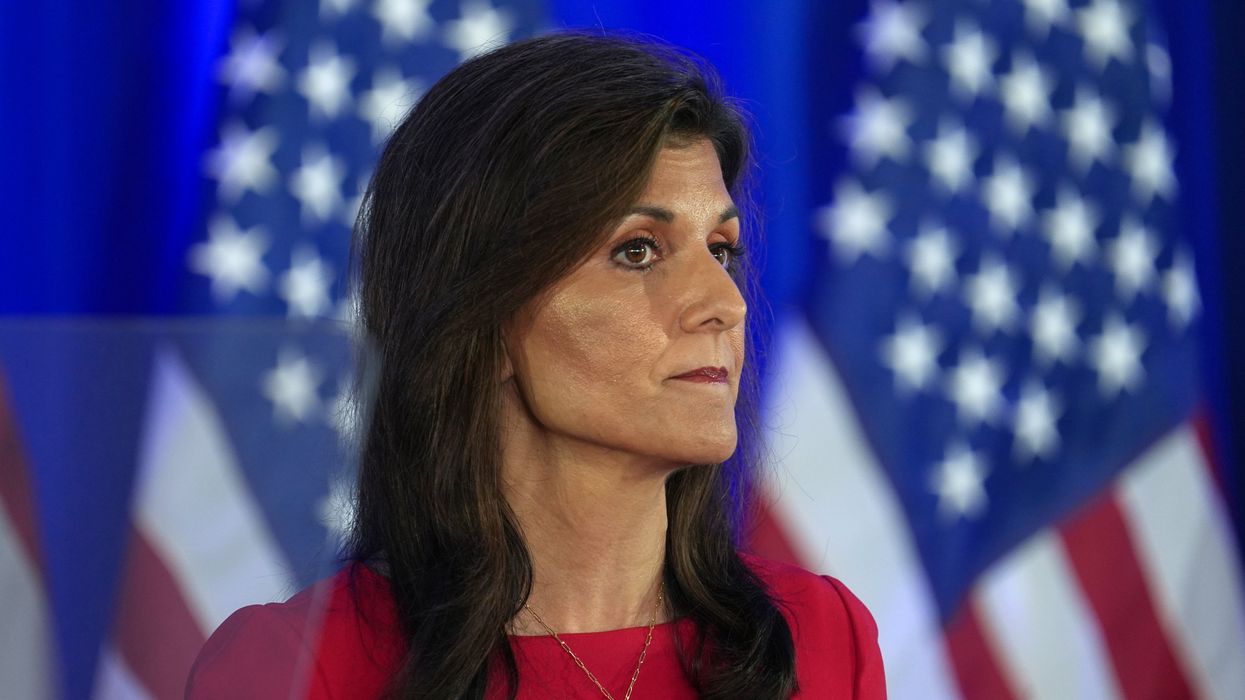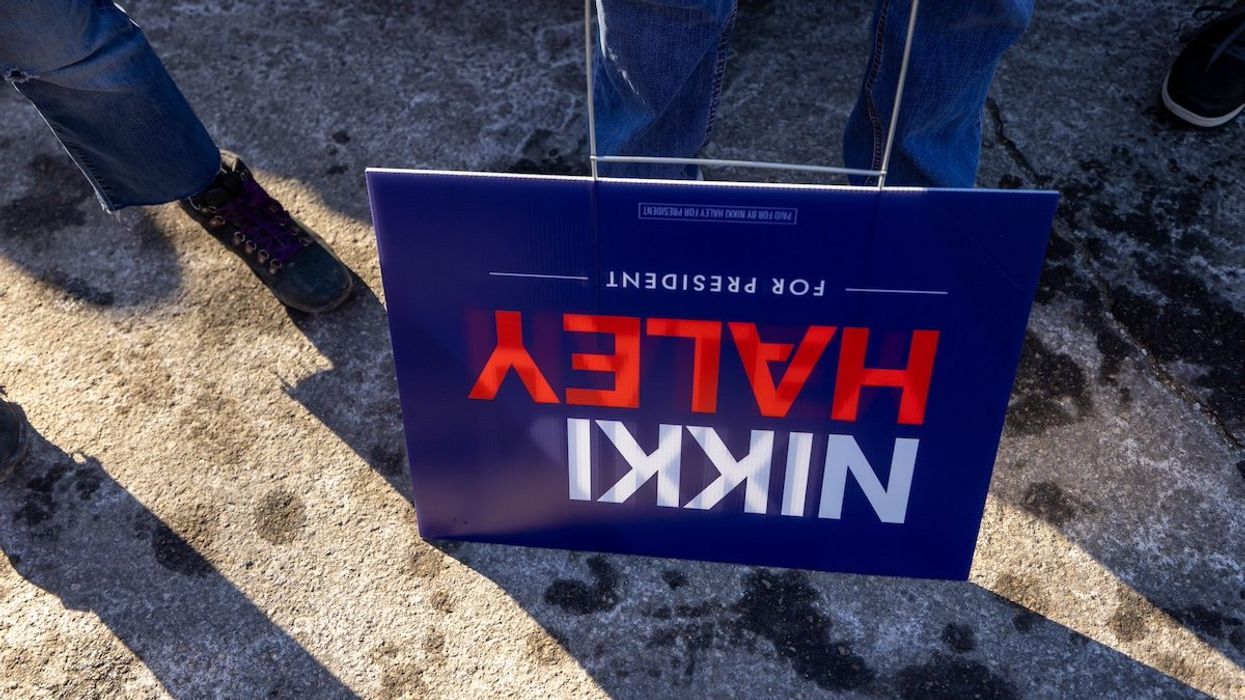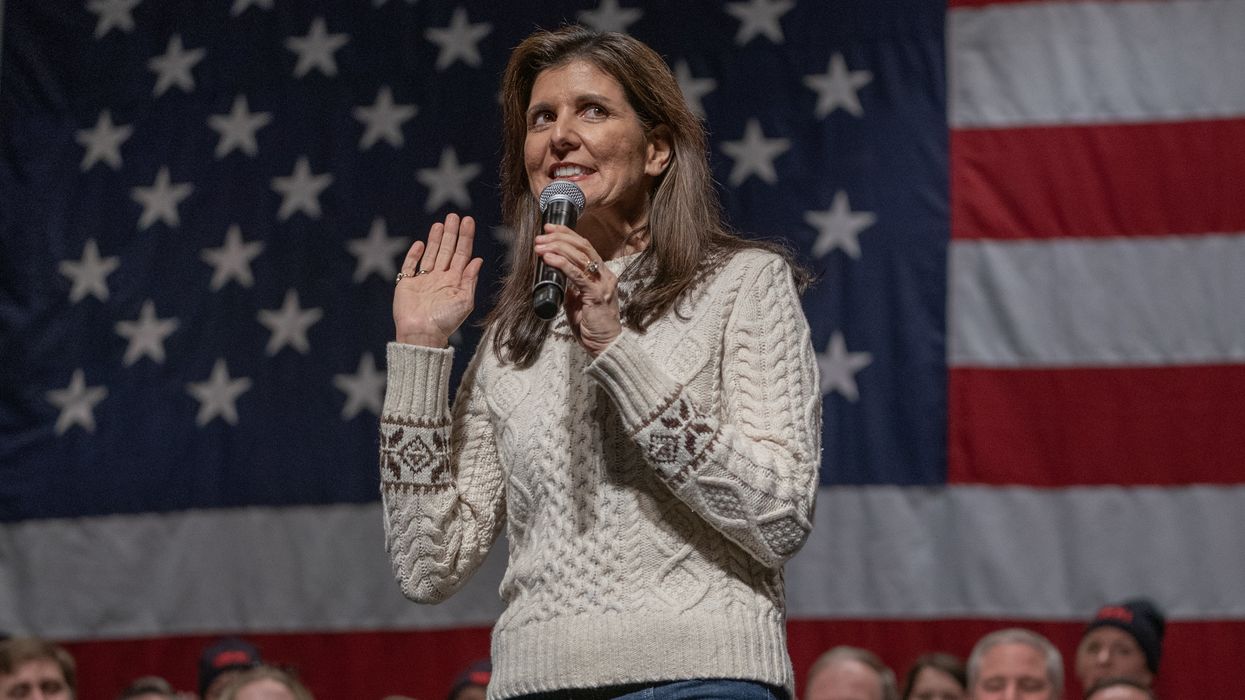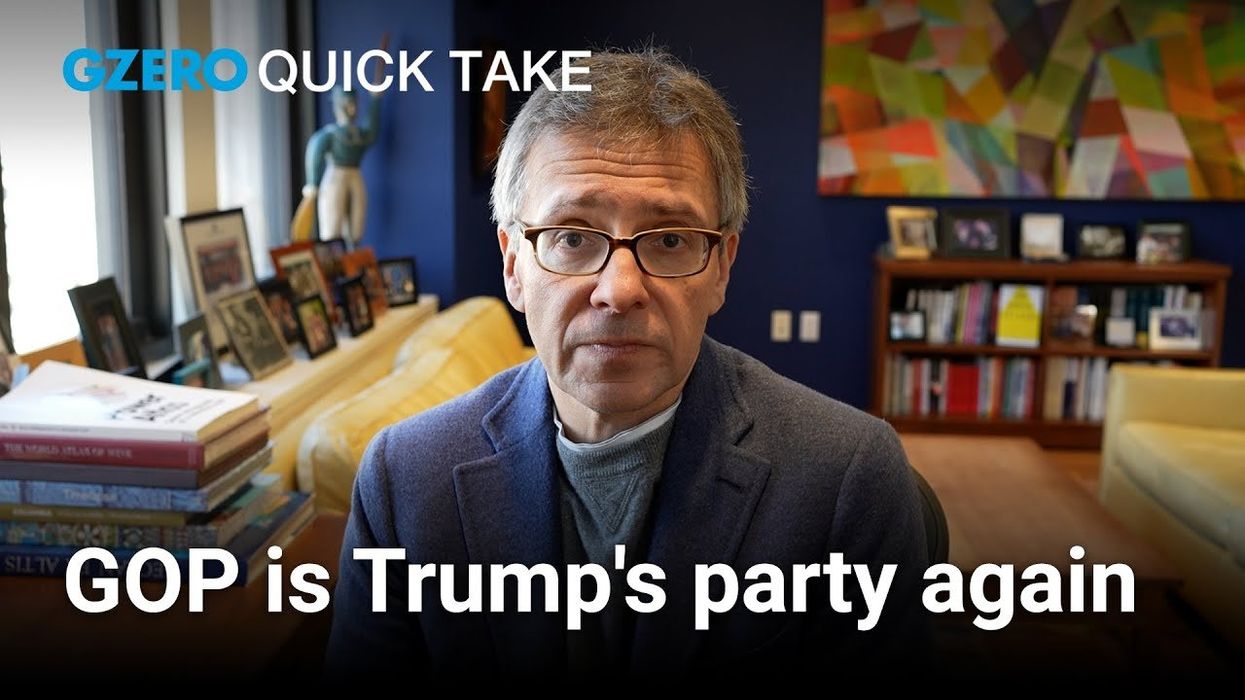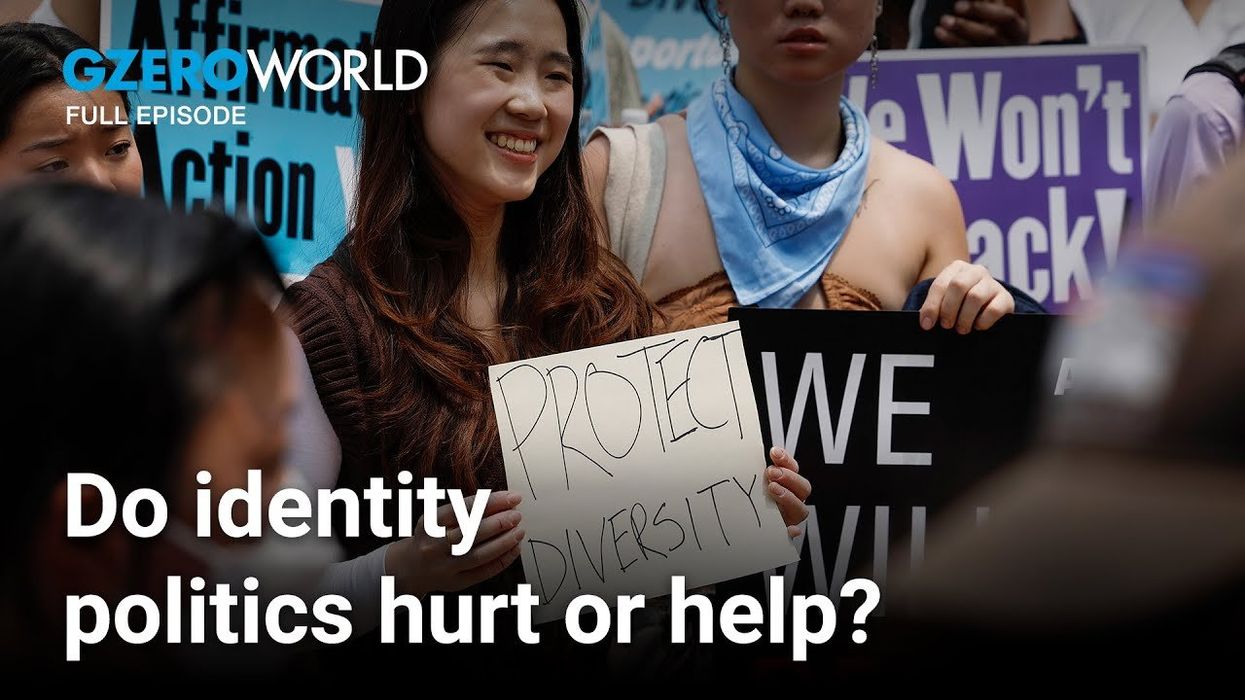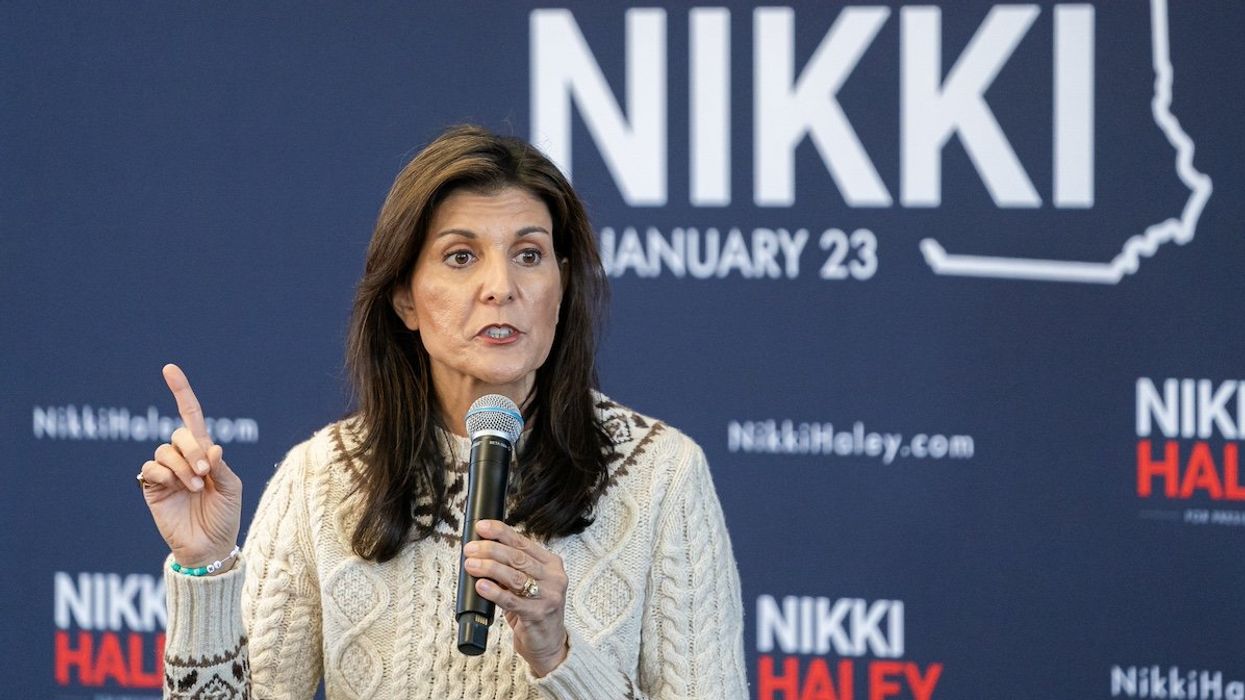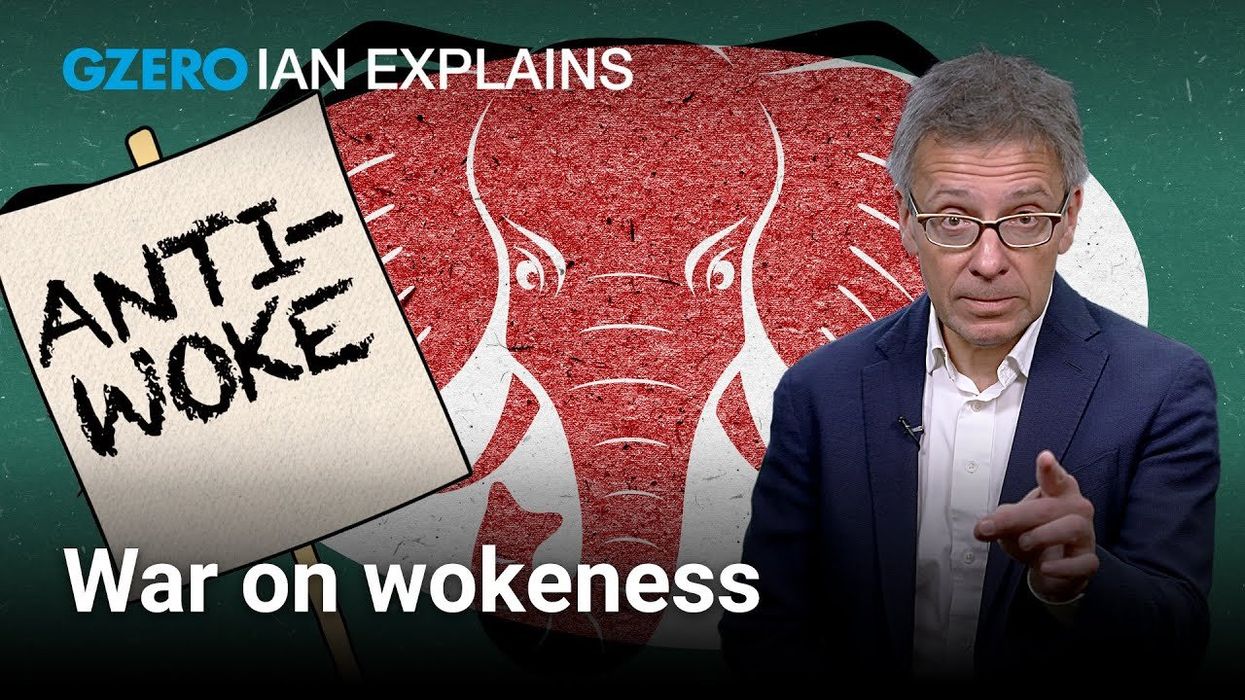What We're Watching
Who will Trump’s team be?
At last count — yep, they’re still counting ballots from last week’s US election — Republicans looked set for a clean sweep: taking not only the White House and Senate but possibly the House too. Attention now turns to the president-elect’s naming of names for the first cabinet of “Trump 2.0.”
Nov 10, 2024
